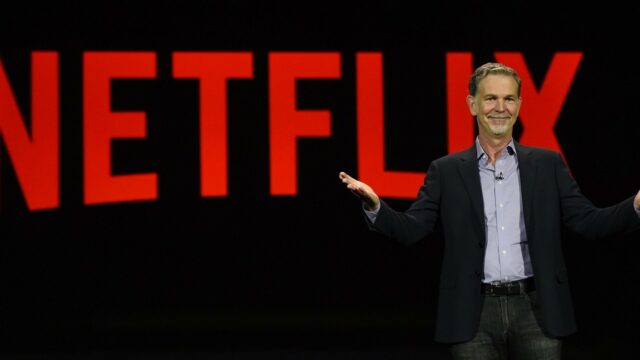Did the article’s title make you surprised as to how can a company not let its employee have vacation days? That too a company like Netflix. Well, it is true. Netflix has a “no vacation policy”. But, it is not quite what it sounds like. In fact, it is the exact opposite.
Netflix “No Vacation Policy”
Netflix’s “No Vacation Policy” actually empowers employees with unlimited vacation days. The policy trusts employees to decide for themselves when and how they want to take leaves and the best part is that they don’t have to give justification to anyone.
No long mails to HRs, no buttering up to your manager, and no more killing off random relatives just to take time off of work. Employees are not accountable to anyone and this gives them complete control over their work schedule as a result of which they feel more empowered.
How Did It Start?
Netflix CEO Reed Hastings described in his book titled ‘No Rules Rules’ how this policy came into existence. Netflix, like other technology companies, has no rigid working hours. An employee may be required to be present on weekends and at odd hours, and they sometimes can take an off for personal reasons on a working afternoon.
Online work doesn’t fix the number of hours rigidly, so why fix the number of vacation days? This question was popped by an employee to the CEO, who had no answer to the question. This simple epiphany led to the rollout of unlimited vacation days.
Hastings writes in his book,
“Today, in the information age, what matters is what you achieve, not how many hours you clock. I have never paid attention to how many hours people are working.
When it comes to how we judge performance at Netflix, hard work is irrelevant…. So, why should I care if [an] employee works 50 weeks a year or 48 weeks a year?”
Read More: Breakfast Babble: Why I Prefer Relaxing Over Interning During Vacations
How Prudent Is It?
Today, employees don’t just want a basic salary and other monetary benefits from their employer. They demand additional perks, numero uno being a healthy work-life balance. During COVID-19, people realized how crucial it is to look after their physical and mental well-being and to spend time with their families.
Moreover, excess workload coupled with poor leave policy burns out people, affecting their performance and output. Hastings admits that the biggest innovations that happened at Netflix over the years happened after people returned from their vacation.
“Time off provides mental bandwidth that allows you to think creatively and see your work in a different light,” believes Hastings. “If you are working all the time, you don’t have the perspective to see your problem with fresh eyes,” he adds.
Drawbacks
He admits that he had his fears about the policy, the primary being what if several employees decide to take an off during those days when the work crunch is high. A situation like that would potentially cripple the company.
In Netflix, the accounting department’s employees used to take leaves when it’s time to close the year’s account books to avoid the workload. This resulted in chaos.
Another drawback is that there are differences between personal ideologies and the company’s policies. Offering unlimited vacation days doesn’t mean that everyone will take them because there are people who are workaholics and don’t feel the need to take off days.
If such people are in a position of leadership, then their subordinates may shy away from taking leaves as well because they don’t want to create a negative image of themselves.
However, the benefits far exceed the drawbacks. The drawbacks mentioned above are two extreme cases, one end each of the spectrum. The occurrence of such events is seldom. The employees themselves feel more responsible when the company is trusting them with their leave policy rather than imposing it.
Do you think it could be the ideal way, moving forward in the era of WFH? Let us know in the comments section below.
Sources: Financial Times, Inc., Netflix
Image Sources: Google Images
Find The Blogger: @TinaGarg18
This post is tagged under: netflix, no vacation policy, work-life balance, corporate life, employee benefits, HR policies, accountability, trust, employer, work from home, workload, non-monetary benefits, netflix, working hours, 9-5 jobs, empowering employees, misuse of company’s policy





































